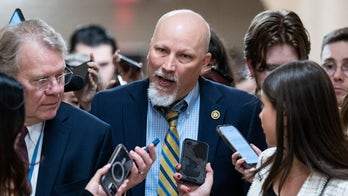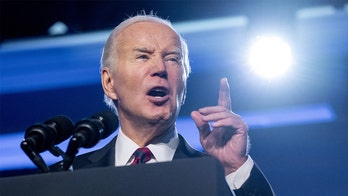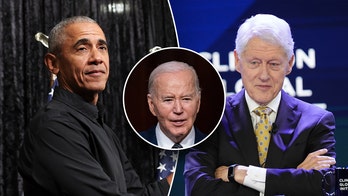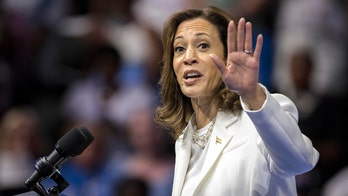Presidential debates have significantly influenced American politics, introducing a dynamic interplay between television and the election process. From Kennedy-Nixon in 1960 to the recent Biden-Trump confrontation, debates have showcased memorable moments that have shaped the electoral landscape and redefined the importance of live performance in a television-driven era.
The first modern presidential debate in 1960 between John F. Kennedy and Richard Nixon marked a watershed moment in American politics. It showcased the fusion of television and the presidency, creating a paradigm that has persisted ever since. The debate highlighted the importance of television as a platform for candidates to convey their messages directly to the public, bypassing traditional media filters.

The Evolution of Presidential Debates: From 1960 to the Era of Biden v. Trump
Debates also brought the importance of live performance to the forefront. In the 1984 debate, Ronald Reagan's quip about his opponent Walter Mondale's youth and inexperience demonstrated the power of humor and wit in connecting with the audience. Similarly, Mitt Romney's "binders full of women" comment in 2012 revealed the potential for candidates to create memorable catchphrases.
Presidential debates have also been a stage for on-screen gaffes. Gerald Ford's infamous "no Soviet domination in Eastern Europe" remark in 1976 shocked the press corps and highlighted the importance of accuracy and attention to detail. Other notable gaffes include Ross Perot's "I'm all ears!" quip in 1992 and George H.W. Bush's glance at his wristwatch, which was interpreted as a sign of impatience.

The Evolution of Presidential Debates: From 1960 to the Era of Biden v. Trump
Debates have also captured unscripted moments that have become ingrained in political folklore. In 2016, Hillary Clinton's recollection of former President Trump lurking behind her during a debate remains a vivid image. Al Gore's exaggerated sighs during the 2000 debate with George W. Bush are another example of how unscripted moments can shape the public's perception of a candidate.
Since 1988, the Commission on Presidential Debates (CPD) has overseen presidential and vice-presidential debates, introducing the town hall format and hosting debates at universities. However, the recent debate between Biden and Trump marked a significant shift, as both campaigns worked directly with CNN to develop the format, excluding the CPD.

The Evolution of Presidential Debates: From 1960 to the Era of Biden v. Trump
The Biden campaign's rejection of the CPD's involvement reflects the growing trend of candidates seeking to control the debate process and tailor it to their perceived advantages. It also raises questions about the future role of the CPD in facilitating fair and impartial debates.
The importance of television in presidential debates cannot be overstated. Walter Podrazik, television curator at the Museum of Broadcast Communications, emphasizes the need for candidates to understand and harness the power of the medium. President Biden's lackluster performance in the debate against Trump highlighted the importance of engaging the audience and projecting a compelling image.

The Evolution of Presidential Debates: From 1960 to the Era of Biden v. Trump
Presidential debates have played a crucial role in shaping American politics, providing a platform for candidates to present their visions and policies directly to the public. They have introduced the element of live performance, amplified on-screen gaffes and unscripted moments, and forced candidates to master the art of television communication. The ongoing evolution of debates, including the recent departure from CPD oversight, underscores their relevance and impact in the electoral process.










